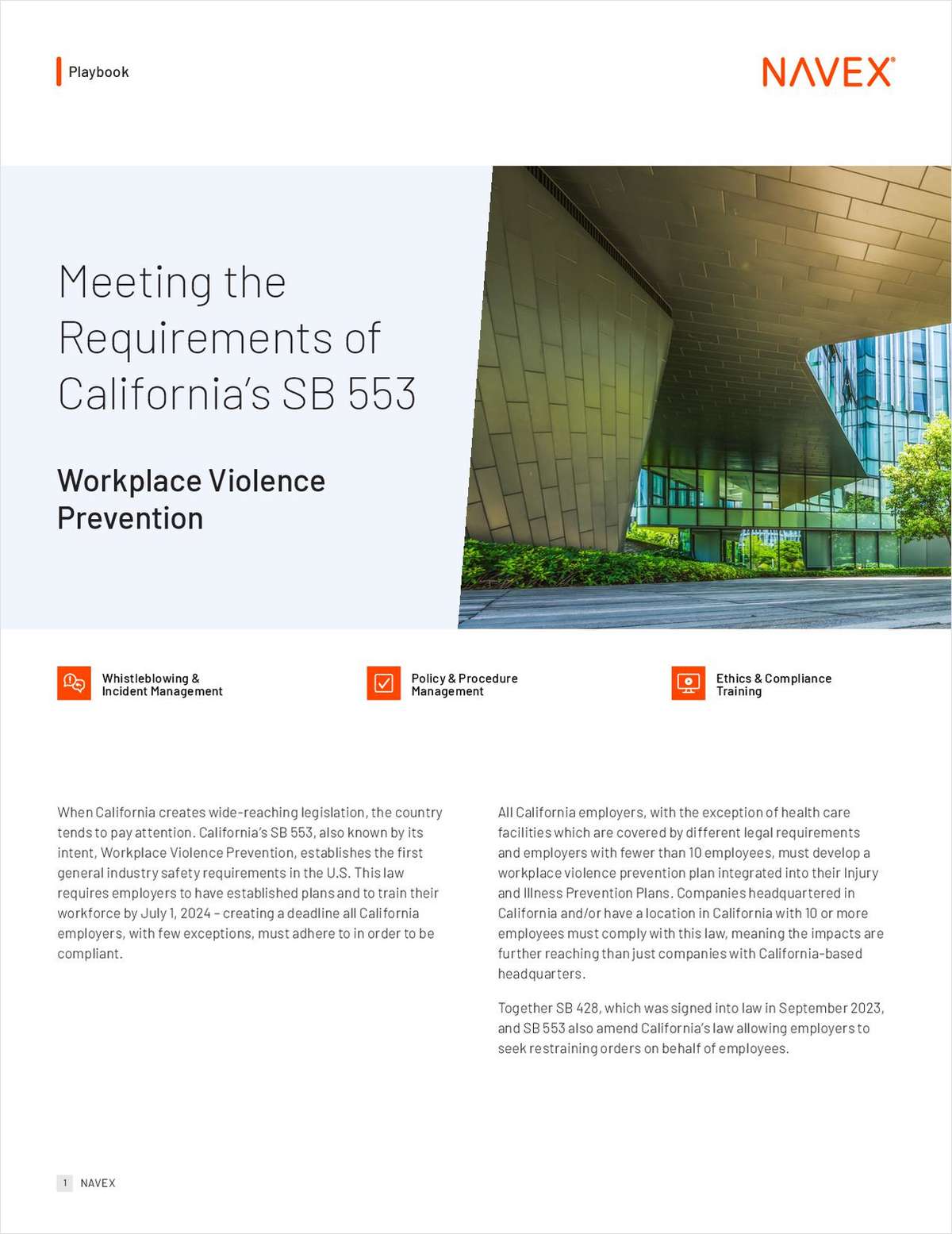 Actor Bill Cosby, right, and spokesman Andrew Wyatt during Cosby's sexual assault retrial, April 10, 2018, at the Montgomery County Courthouse in Norristown, Pennsylvania. Photo: Shutterstock
Actor Bill Cosby, right, and spokesman Andrew Wyatt during Cosby's sexual assault retrial, April 10, 2018, at the Montgomery County Courthouse in Norristown, Pennsylvania. Photo: ShutterstockProsecutors Seek Maximum Sentence for Bill Cosby
“Mr. Cosby is not dangerous," his lawyer told a Pennsylvania judge on Monday. Prosecutors said Cosby had shown "no remorse" before or after his sexual assault conviction.
September 24, 2018 at 11:53 AM
4 minute read
The original version of this story was published on The Legal Intelligencer
Prosecutors argued Monday that Bill Cosby should be sentenced to five to 10 years in state prison for sexually assaulting a woman in 2004, squaring off with defense lawyers who contended the comedian should remain free.
Cosby was found guilty in April of three counts of aggravated indecent assault based on Andrea Constand's allegations that he drugged and sexually assaulted her in his Cheltenham home. Judge Steven T. O'Neill said Monday the three counts have been merged. He is expected to impose a sentence Tuesday.
District Attorney Kevin Steele argued that the defense is asking for a “get-out-of-jail-free card” and that O'Neill should consider the way Cosby used his role as a mentor and authority figure to gain the trust of Constand before assaulting her.
“We ask for a sentence of maximum confinement in this case because of a showing, again and again, of no acceptance of responsibility for his action … no remorse,” Steele said. “He seemingly doesn't believe he's done anything wrong. Well, a jury decided otherwise.”
In addition to prison time, Steele said Cosby should pay a $25,000 fine, costs of prosecution, and should be required to undergo a psychosexual evaluation if he is ever up for parole.
Joseph Green, who is representing Cosby, noted that Cosby intends to file an appeal in the case on multiple issues, and said incarceration would impose excessive hardship on him because of his age.
“Mr. Cosby is not dangerous. Eighty-one-year-old blind men who are not self-sufficient are not dangerous,” Green said.
O'Neill indicated that he will likely determine a sentence Tuesday after ruling on whether Cosby should be designated a sexually violent predator under Pennsylvania's sex offender registration law. Because of a scheduling conflict that prevented one of Cosby's witnesses from testifying Monday on that issue, O'Neill was unable to rule on it Monday.
Members of Constand's family—her mother, father and sister—testified Monday about the changes they observed in her when she returned home to Canada in 2005. Constand submitted a written victim impact statement that she declined to read aloud in court.
No witnesses for Cosby testified Monday.
As the hearing began Monday in Norristown, Cosby's lawyers first argued his motion seeking a declaration that Pennsylvania's sexual offender registration law is unconstitutional. O'Neill rejected the motion, ruling that the law is constitutional and allowing the court to consider whether Cosby is a sexually violent predator.
In testimony Monday morning, Sexual Offenders Assessment Board member Kristen Dudley opined that Cosby is a sexually violent predator.
According to Pennsylvania laws on judicial procedure, a sexually violent predator has “a mental abnormality or personality disorder that makes the person likely to engage in predatory sexually violent offenses.”
Dudley said Cosby meets the criteria for a condition she described as “other specified paraphilic disorder—non-consenting women.” She said that is based on testimony from Constand and six other women who have testified in Cosby's criminal trials that Cosby drugged and sexually assaulted them.
With regard to the constitutionality of Pennsylvania's sex offender registration laws, Green likened the legislation to mandatory minimum sentences, which have been found to be unconstitutional in Pennsylvania.
But prosecutors argued that the intent of the law is not punitive, but to protect the community from sexual predators.
“The purpose of these laws is not to shame offenders and never has been,” Assistant District Attorney Tracy Piatkowski said.
Along with Constand, several other women who have accused Cosby of assaulting them were present in court on Monday, including some who testified against him at trial.
This content has been archived. It is available through our partners, LexisNexis® and Bloomberg Law.
To view this content, please continue to their sites.
Not a Lexis Subscriber?
Subscribe Now
Not a Bloomberg Law Subscriber?
Subscribe Now
NOT FOR REPRINT
© 2024 ALM Global, LLC, All Rights Reserved. Request academic re-use from www.copyright.com. All other uses, submit a request to [email protected]. For more information visit Asset & Logo Licensing.
You Might Like
View All
EDPA's New Chief Judge Plans to Advance Efforts to Combat Threats to Judiciary
3 minute read

'Families Take on Many Forms': 3rd Circuit Clarifies Who Qualifies as 'Parent' Under IDEA
5 minute read
Advocacy 'Reimagined': How Phila. Courts Plan to Reopen for Jury Trials
Trending Stories
- 1The Law Firm Disrupted: Playing the Talent Game to Win
- 2A&O Shearman Adopts 3-Level Lockstep Pay Model Amid Shift to All-Equity Partnership
- 3Preparing Your Law Firm for 2025: Smart Ways to Embrace AI & Other Technologies
- 4BD Settles Thousands of Bard Hernia Mesh Lawsuits
- 5A RICO Surge Is Underway: Here's How the Allstate Push Might Play Out
Featured Firms
Law Offices of Gary Martin Hays & Associates, P.C.
(470) 294-1674
Law Offices of Mark E. Salomone
(857) 444-6468
Smith & Hassler
(713) 739-1250








